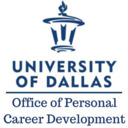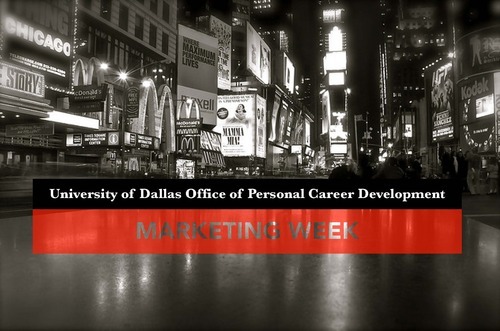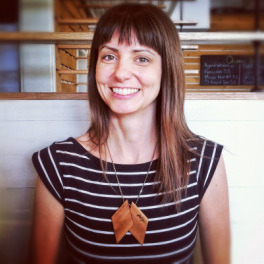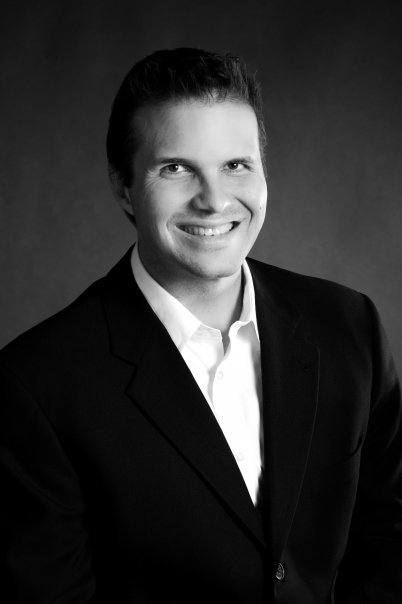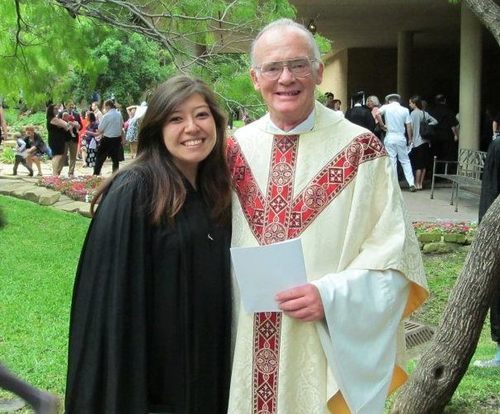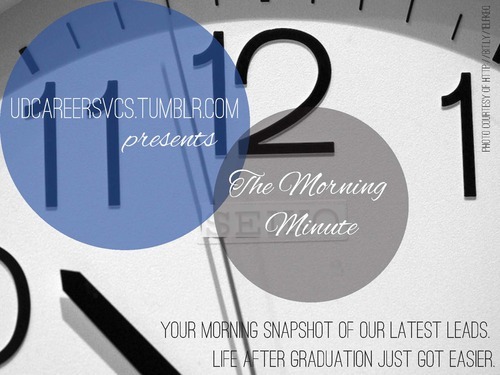I’m Here to Help: Trey Bahm talks politics, volunteerism, and turning diverse interests into a career
By Hunter Mills
Trey Bahm is a media consultant, political director, and writer. He has worked on Capitol Hill as a legislative aide in both the U.S. House of Representatives and the U.S. Senate. You can follow Trey on his blog and on Twitter @treybahm.
I first heard you speak at one of our Professional Viewpoints panels. You made it very clear that you think volunteerism is essential for college students and young professionals. What prompted your strong commitment to volunteerism?
Volunteerism does two things. One, it keeps you active. Probably the worst thing someone needing a job can do is sit at home—it’s even worse than being unsure or confused about where to look, because becoming sedentary can discourage you and affect you psychologically, even physically. Second, volunteerism helps you network and puts you in a better place to be seen. It’s like this: most volunteering is for non-profits or charities; such groups are generally led and supported by wealthier members of a community and businesspeople, often small businesspeople; these business leaders will get to know you, and any relationship that’s formed could open up a paying opportunity. More than these reasons, volunteering helps you feel good, not to mention helps someone else!
You have a very diverse and interesting professional life: political director, media consultant, author. How do your endeavors overlap and inform one another? Do you feel as though your work in each field is separate, or does it all come into play together?
At my core I’m a writer, and so that feeds, overlaps and informs all my professional endeavors. I am always writing—from a simple Tweet, to a blog post, to novels, to press releases, to curricula, to ads, to policy memoranda. All these diverse writing activities improve each other. And, when your writing is public, it motivates you to get it right and clear.
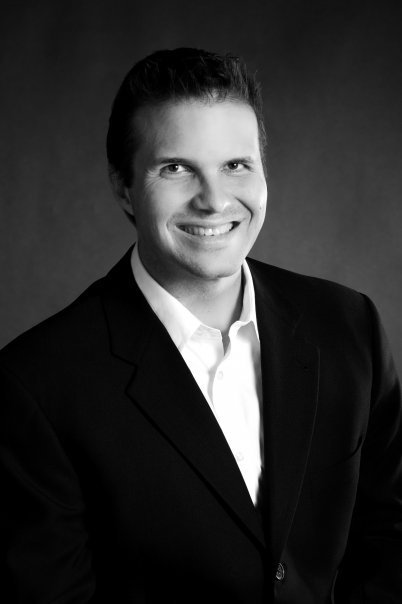
Photo courtesy of Trey Bahm
What does a media consultant do? How did you become interested in that field?
In my experience, a media consultant helps a client understand how to get their message out in the best, clearest way with existing resources. This is a little different than standard business marketing, because in marketing there is a cost-benefit factor. For my type of clients, the message is regularly independent of a specific return, even if that return is simply winning an election. Also, a media consultant helps a client understand precisely what a given communications medium is and how it works.
As a freshman at Wheaton College, what did you imagine you would do after graduation?
I thought about becoming a college professor early on, but I have always had an intense interest in movies, plays, literature and storytelling. But the techniques of storytelling alone, while important, couldn’t fully satisfy my interests. With the study of history, however, the source material for that satisfaction is unlimited, and I think that is why I put such an emphasis on a message over the techniques, though in many ways they are mutually dependent.
What aspects of your college experience have been most valuable in your career as a political director and in your work in the Capitol?
Being from East Texas and attending a liberal arts college in one of America’s biggest metropolitan centers, in the North, has helped me more fully grasp the country’s diversity and policy trends. I think I am able to see the big picture pretty well when it comes to what our nation is dealing with, and I owe a big part of that to my coursework. But I spent almost all of my extracurricular time in college working at the theater. I was not an actor, however, but a director and stage hand of various sorts. Working on all these different aspects of “production” has helped me more than anything in doing political work. Policy and campaign work require tight communication with a wide range of personalities, the ability to problem-solve, often with a high level of creativity, and especially the ability to keep a level head when there is DRAMA! Artists and politicians share A LOT of similarities.
You majored in History - how has that shaped your career in the political sector?
It has been critical. Most of my colleagues have degrees in political science, which requires a lot of history study no doubt, but the study of history has provided me with a very important sense of perspective, whereas political science tends toward the philosophical. I like to better understand the organic forces behind why people think, act and govern the way they do. Having a history degree has given me a broader view of things, which I think gives me an edge in communicating policy. It also made me a better writer.
What advice do you have for those of our readers who are having trouble narrowing down what they want to do to just one thing? Any tips on how to manage a multi-faceted career like your own?
The key is to know yourself, what you like and what gets you the most interested, but then to be open. […] It may also sound stupid, but listen to your parents and those you respect from your community. The early twenties are perhaps the most critical time in life when the counsel of many elders is most important. The truly big decisions are made. Now, this is not to say one should be a slave to the expectations of others. You’ve gotta cut the apron strings!
In your opinion, what are the most important skills for an individual looking to become a political director to possess?
You have to be able to communicate well, and in almost every way that people do communicate—tech-wise, interpersonally, in writing—all of it. It also doesn’t hurt to have a gift for reading people and not being afraid to confront their mood, either tenderly or firmly.
You also have to have a servant’s attitude. ‘How can I help?’ needs to be one’s approach to a wide range of situations if you are going into politics, which is why volunteerism is important both as a way to cultivate this attitude as well as train in actual helping techniques and care of others. The dark side of politics comes out when people allow 'How can I help’ to become 'How can I control.' Service must always be the order of the day.
